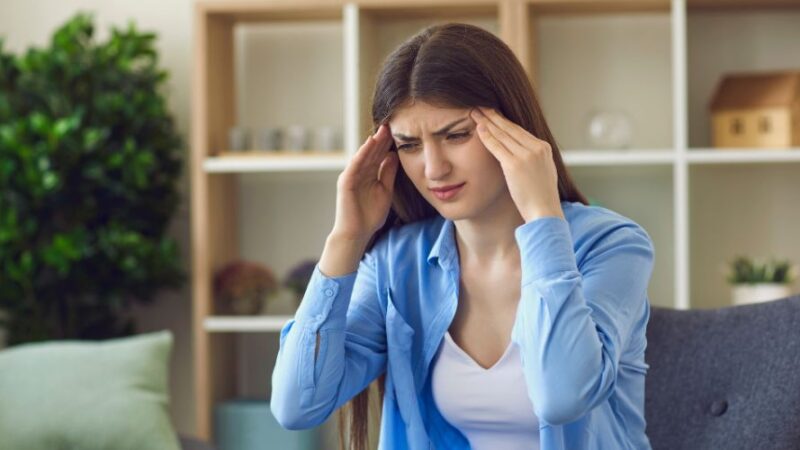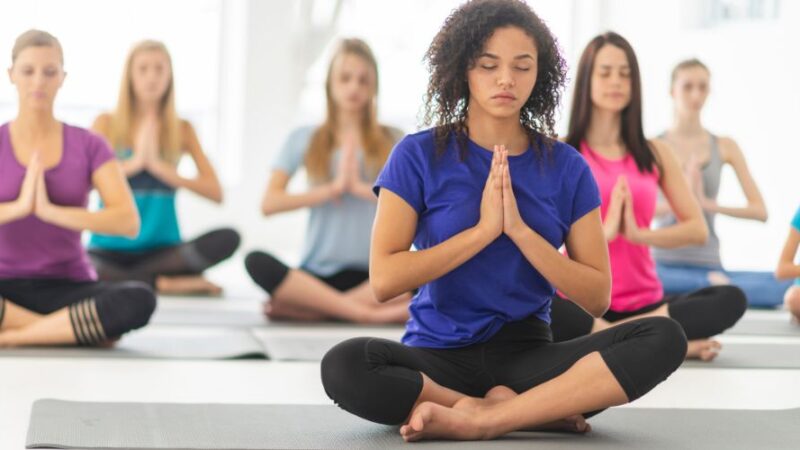How to Cope with Depression Without Medication

Depression is a deeply personal and often overwhelming experience that can affect every part of your life-your energy, motivation, relationships, and even your sense of self.
While medication can be a helpful tool for many, it’s not the only path to healing. In fact, a growing number of people are finding relief through natural, holistic strategies that support emotional well-being without the use of prescription drugs.
Whether you’re looking to complement therapy, avoid side effects, or simply explore alternative methods, this guide offers practical, proven ways to cope with depression naturally.
From lifestyle changes and therapy to mindfulness and community support, discover how you can take control of your mental health and start feeling better-on your own terms.
What Is Depression?
Depression, also known as major depressive disorder, is more than just feeling down for a few days. It’s a chronic mental health condition that deeply affects your emotions, thoughts, and behavior.
People with depression may feel overwhelming sadness, hopelessness, or emptiness. These feelings often persist for weeks or even months and can interfere with personal relationships, work, and everyday life.

Symptoms of Depression
Symptoms can vary in severity and presentation from person to person, but some of the most common include:
- Persistent sad, anxious, or “empty” mood
- Loss of interest in hobbies and activities once enjoyed
- Appetite changes – eating too much or too little
- Sleep disturbances – insomnia or sleeping excessively
- Fatigue or lack of energy
- Feelings of worthlessness, hopelessness, or excessive guilt
- Difficulty concentrating or making decisions
- Thoughts of death, suicide, or self-harm
Recognizing these symptoms is the first step toward getting help and taking control of your mental health.
Causes of Depression
There is no single cause of depression. Instead, it results from a combination of biological, environmental, and psychological factors, such as:
- Genetics: A family history of depression can increase your risk
- Brain chemistry: Imbalances in neurotransmitters like serotonin and dopamine
- Hormonal changes: Pregnancy, menopause, or thyroid problems
- Chronic illness: Conditions such as diabetes, heart disease, or chronic pain
- Trauma and stress: Major life changes, abuse, or loss
- Substance use: Alcohol and drug abuse can worsen depressive symptoms
- Isolation: Lack of a support system or social connection
Cope with Depression Without Medication
Although medications like antidepressants are commonly prescribed, non-medication approaches can be equally effective for many people. These methods focus on improving overall mental and physical well-being and building long-term resilience.

1. Therapy and Counseling
Professional talk therapy is one of the most effective tools for managing depression.
- Cognitive Behavioral Therapy (CBT): This evidence-based therapy helps you identify negative thought patterns and teaches strategies to challenge and change them.
- Talk Therapy: Simply having a trusted therapist to speak with regularly can provide emotional relief, reduce isolation, and offer problem-solving support.
- Free Support Services: In some countries, mental health helplines (like the Vandrevala Foundation in India) offer confidential, round-the-clock assistance.
2. Lifestyle Changes
Simple changes to daily routines can have a powerful effect on mood and energy.
- Exercise: Just 30 minutes of walking or light physical activity a day can boost serotonin levels and reduce stress.
- Balanced Diet: Avoid processed foods and eat nutrient-rich meals that include omega-3 fatty acids, complex carbs, and lean protein.
- Consistent Sleep Schedule: Going to bed and waking up at the same time daily helps regulate mood and energy levels.
3. Social Support
Depression often makes people withdraw, but connecting with others is essential.
- Reach Out: Even small interactions with friends or loved ones can lift your spirits.
- Support Groups: Both online and local communities can help you share experiences and feel less alone.
- Volunteer or Join Activities: Giving back or joining clubs and classes gives purpose and strengthens self-worth.
4. Stress Management Techniques
Reducing daily stress can help decrease the frequency and intensity of depressive episodes.
- Mindfulness: Techniques like meditation, deep breathing, or grounding exercises can calm racing thoughts.
- Yoga and Tai Chi: These gentle practices combine movement, breathing, and focus to reduce anxiety and promote emotional balance.
- Break Tasks Into Steps: Feeling overwhelmed is common. Simplify to-do lists into manageable chunks and celebrate small wins.
5. Engage in Enjoyable Activities
When you’re depressed, it’s easy to lose interest in hobbies. But re-engaging with pleasure is key to recovery.
- Revisit activities you once enjoyed-painting, gardening, cooking, reading-or try new ones.
- Even if it feels forced at first, the joy and satisfaction often return with consistency.
6. Limit Alcohol and Avoid Drugs
Alcohol and recreational drugs can intensify depression and reduce your motivation to engage in healthier coping methods.
- Replace the habit with non-harmful distractions such as herbal teas, mocktails, walks, or creative hobbies.
7. Monitor and Redirect Your Thoughts
Your internal dialogue can greatly affect your mood.
- Journaling: Helps identify patterns in your moods, triggers, and progress.
- Affirmations: Practice positive affirmations to counter self-criticism.
- Self-compassion: Treat yourself with the same kindness you would offer a friend.
8. Seek Professional Help If Symptoms Persist
If you’ve tried several coping methods but are still struggling, don’t hesitate to speak to a mental health professional. You may benefit from a personalized treatment plan, and remember: therapy is not just for crises-it’s for growth.
When to Seek Immediate Help
If you experience:
- Suicidal thoughts
- Self-harm urges
- Severe isolation or hopelessness
Call a local mental health hotline or go to the nearest emergency room.
Conclusion
Coping with depression without medication is not only possible-it’s empowering. Through therapy, lifestyle adjustments, and emotional support, many people experience significant improvement in their symptoms. Everyone’s path is different, and it’s okay to explore multiple strategies until you find what works best for you.
You are not alone. Healing takes time, but every small step you take matters.
Related –






